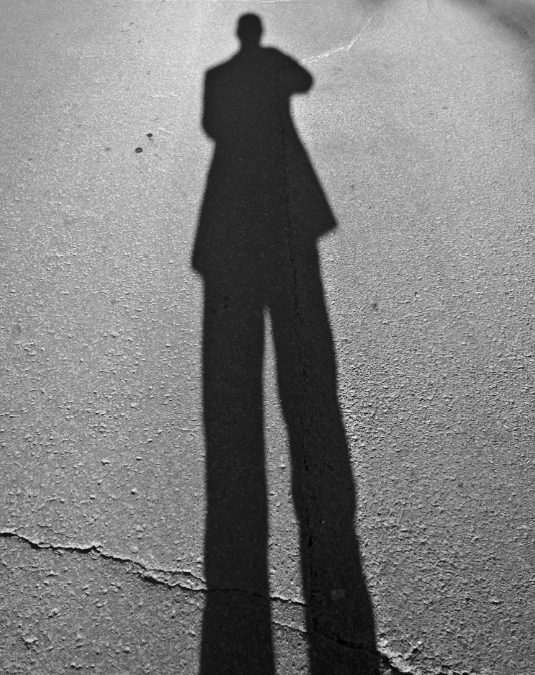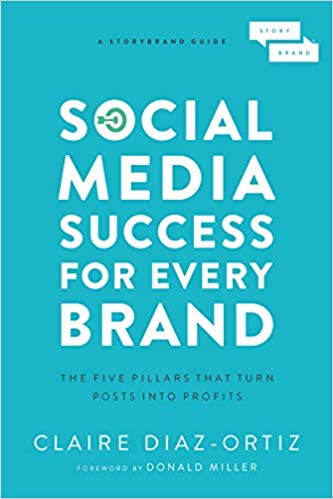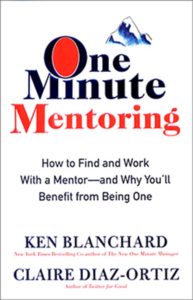Recently I talked about the importance of Saying Yes to the Yes People in your life, and why you need to know who those Yes People are. (The Yes People, in brief, are the folks who call you up at in the middle of the Bachelorette Finale and want to talk about something only semi-important for ten minutes and you gladly do so, realizing that modern technology allows for a pretty spectacular pause button, even on live TV. But maybe, just maybe, I’m getting too specific.)
I got some interesting feedback from readers about this idea of having Yes People in your life, and technologist Chris Olive wrote in with some thoughts from the perspective of someone working in a corporate environment. As Chris says, one category of Yes People for him always includes great bosses. When these folks ask you to jump, you jump. He explains:
“Looking back, I’ve realized the best positions I’ve had over the years were positions that were really more about WHO I worked for instead of the companies themselves. I didn’t really work “for the company” — I worked for my boss. If he or she asked for something, it was as good as delivered. Every stone would be uncovered no matter what it would take to get done what he/she wanted done. If I needed to improve for that person… I’m on it. These were (and still are) the best positions I’ve ever had in my career… There is a sense in which I never stop working for those people: if they call and need something… I’m on it. And they know it.”
Ultimately, Chris says that “The bottom line is I realize I don’t work for companies. I work for certain individuals. A handful, yes. But very worth keeping close.”
I love this idea, and think it speaks volumes about what motivates us to do our best work. Whether or not the work you are doing is external (for a company you are an employee at, or a client who hired you) or for yourself (for a product you are creating or a symphony you are writing), the key is realizing that in reality you aren’t working for a faceless entity, you are working for, well, people.
And people, good or bad, should get your respect and deliver it back just in equal measure. Whether it’s a boss, a client, or even yourself. And when these things aren’t happening, things will go awry.
So the first step in doing your best work is asking yourself the real question: Who do you really work for?





The big fail you often see is that there is the perfect person you “work for” – then they place someone between the two of you ( new manager, new supervisor, new something or other) who de-motivates, irks and otherwise ruins the “yes” you used to so enjoy.
It behooves the person who has “yes” people in his or her organization to realize their personal impact on performance and try damn hard not to give up that valuable interaction by inserting a layer that suffocates the flame.
Job bombing (a la photo bombing)?!
So agree. It happens and sometimes there’s nothing you can do about it. So generally there’s a decision to make at that point. You either have to change the “why” and stay put (per Claire’s original thesis — you change the reason from “who” to a different “why”) or the “where” — where you work (which will entail “who” you work for again).
There is an old (Chinese?) proverb about this. Those who say don’t know, and those who know don’t say. If you don’t know who you are working for, you probably need to stop whatever you are doing and figure that one out. And then you probably need to keep the knowledge to yourself.
It is very clear that if you are working in an organisation you are working for your boss other wise you are working for yourself .